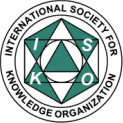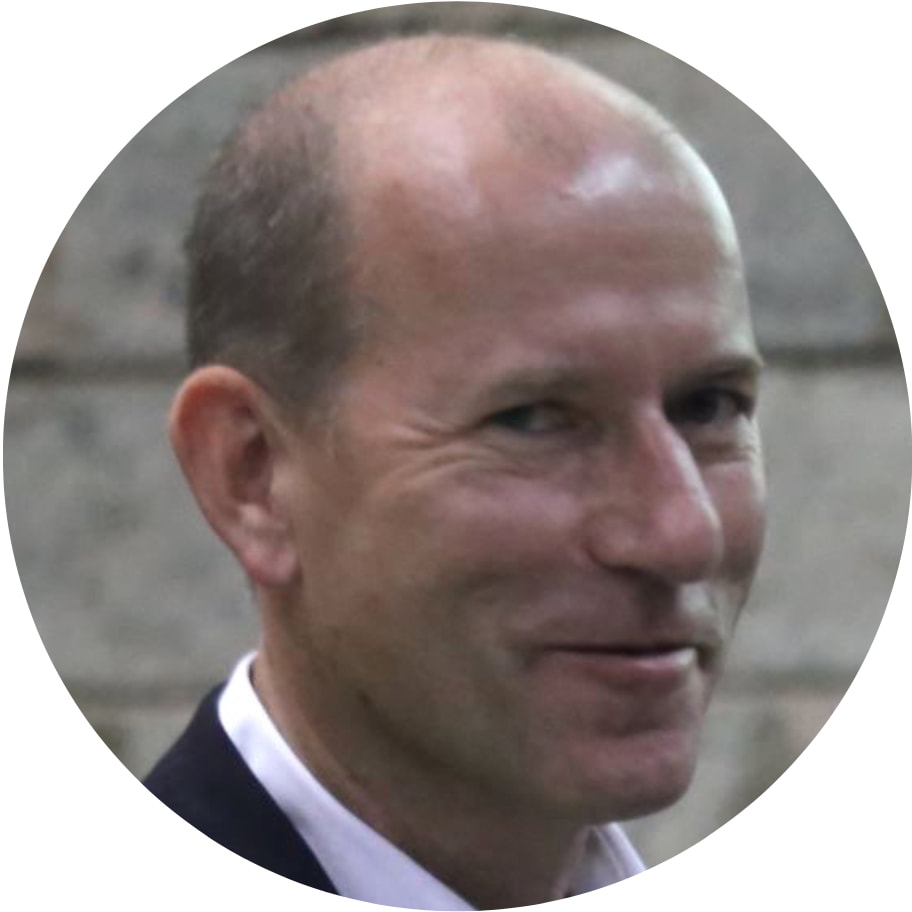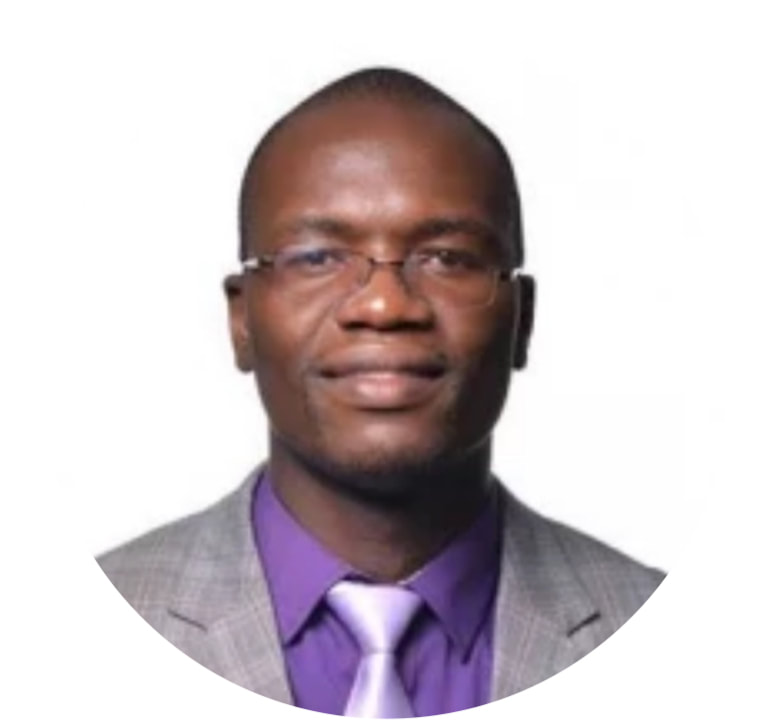The value of a national KNOWLEDGE MANAGEMENT strategy and policy
Most of the knowledge management (KM) we are familiar with seeks to improve the use and flow of knowledge within organisations. However, KM can also be used to improve the flow and use of knowledge across government agencies, and even across different institutional stakeholders in society. As the Covid-19 pandemic has demonstrated, there is a growing need to use KM to improve the ability of both governments and society at large to respond swiftly and coherently to the major challenges of our time, whether they be related to climate, poverty, food or water security, or health.
In this collaborative event in partnership with ISKO Kenya, we will look at the use of national KM policies and national KM strategies to help governments become more effective in serving their citizens through the use of national knowledge management activities. Dr Andreas Brandner, Executive Director of the Knowledge for Development Partnership and Managing Director of Knowledge Management Austria, gives us an overview of the development of national KM agendas and strategies, starting with Austria in 2008. Moses Wadeguh, President of the ISKO Kenya Chapter, describes the development of the National Knowledge Management Policy for Kenya, what its objectives are, how it was developed, and how it is being implemented across Kenya government agencies. Patrick Lambe relates this to the national level initiatives in Singapore Thinking Schools Learning Nation (1997) and Smart Nation (2014), and the panel moved to a broader discussion on the value and importance of national or regional level knowledge management initiatives.
In this collaborative event in partnership with ISKO Kenya, we will look at the use of national KM policies and national KM strategies to help governments become more effective in serving their citizens through the use of national knowledge management activities. Dr Andreas Brandner, Executive Director of the Knowledge for Development Partnership and Managing Director of Knowledge Management Austria, gives us an overview of the development of national KM agendas and strategies, starting with Austria in 2008. Moses Wadeguh, President of the ISKO Kenya Chapter, describes the development of the National Knowledge Management Policy for Kenya, what its objectives are, how it was developed, and how it is being implemented across Kenya government agencies. Patrick Lambe relates this to the national level initiatives in Singapore Thinking Schools Learning Nation (1997) and Smart Nation (2014), and the panel moved to a broader discussion on the value and importance of national or regional level knowledge management initiatives.
|
About the Speakers
Dr. Andreas Brandner is Founder and Managing Director of KM-A which has provided educational, advisory, research and innovation services to international clients since 2001. He established the Knowledge Management Academy in Vienna, Austria, as one of the first and world-leading training institutions in KM. Since 2017 he is also Executive Director of the Knowledge for Development Partnership, a global multi-stakeholder platform linking KM with the UN's Sustainable Development Goals. He is editor of the Agenda Knowledge for Development and the Knowledge Agenda for Uganda. In 2017, Andreas established Knowledge City (www.knowledge.city) as an international network of Competence Centres for KM, including Accra, Berlin, Geneva, Johannesburg, Kampala, Lagos, Lomé, Nairobi, Sofia, Vienna. His current focus is on advancing KM in multi-stakeholder partnerships (national and sectoral knowledge management) and on National Knowledge Systems. In 2023, he lead the team to develop a National KM Strategy for the Public Administration of Uganda. Since 2021 Andreas has been Director of the Knowledge for Development Centre at Makerere University Business School in Kampala/Uganda, where he is also an adjunct Professor, and Director at the Joint Centre for Knowledge Sciences at International University of Management, Windhoek/Namibia. Andreas is a core team member of KM4Dev and an advisory board member of the German Society for KM. Moses Wadeguh is the Founding President of the ISKO Kenya Chapter, and CEO of Phowad Solution Limited, a leading Knowledge Management, Human Resource and Research Consultancy Firm in Kenya. Moses has worked as a KM consultant with several public agencies in Kenya, including the Kenya Roads Board, Communications Authority of Kenya, Kenya Film Classification Board, Kenya Electricity Generating Company, Kenya Police Savings and Credit Cooperative Society, and the State Department of Livestock. Moses is a Human Resource Manager, Research Specialist and Certified Knowledge Manager who focuses on institutionalising knowledge management in organizations. He has also worked with highest level executives in public and private sectors in restructuring, implementing Human Resource Management/Development Systems, Knowledge Management, executive coaching , strategic planning to increase organizational and individual productivity and teamwork in ways that are culturally appropriate. Moses holds a master’s degree in strategic management, is a member of Member of IHRM and MSRA, and has over 10 years of development research and management experience with first line responsibility for strategising, designing and overseeing comprehensive programmes in complex organisations within the region. Through his leadership Phowad Solution Limited successfully held the first conference on Knowledge Management in Kenya and he partnered with Kenya School of Government to hold the Second Knowledge Management Conference in Kenya. Moses was on the team that developed the Kenya National Knowledge Management Policy. |
|
Date/Time
Venue Type of Event Who should attend |
Friday 11 August, 3.30pm-5.00pm (Singapore), 9.30-11.00am (Vienna), 10.30-12.00 (Nairobi)
This was a a virtual meeting on Zoom. The event was free, but prior registration was required. Case Discussion | Networking | Panel | Site Visit | Talk & Discussion | Workshop * * Information and knowledge managers, managers working in organisation learning, organisation development, change management, strategy and policy. |
event materials
Here are Andreas Brandner's slides - download here.
Here are Moses Wadeguh's slides - download here.
Here is an edited transcript of the discussion with additional inks to resources - download here
Below is the edited recording in two parts.
Here are Moses Wadeguh's slides - download here.
Here is an edited transcript of the discussion with additional inks to resources - download here
Below is the edited recording in two parts.
- Part 1 covers the Singapore context, and a general background from Andreas Brander on the development of sectoral, regional and national KM policies and strategies.
- Part 2 covers Moses Wadeguh speaking on the case study of the Kenya National KM Policy, and further discussion.
|
|
|
ISKO Singapore is registered in Singapore. Society registration number T15SS0160B
By continuing to use the ISKO Singapore website you are agreeing that ISKO Singapore may collect, use and disclose your personal data obtained by ISKO Singapore as a result of your use of the ISKO Singapore website. Please consult our data protection policy, including how you may access and correct your personal data or withdraw consent to the collection, use or disclosure of your personal data.
By continuing to use the ISKO Singapore website you are agreeing that ISKO Singapore may collect, use and disclose your personal data obtained by ISKO Singapore as a result of your use of the ISKO Singapore website. Please consult our data protection policy, including how you may access and correct your personal data or withdraw consent to the collection, use or disclosure of your personal data.



